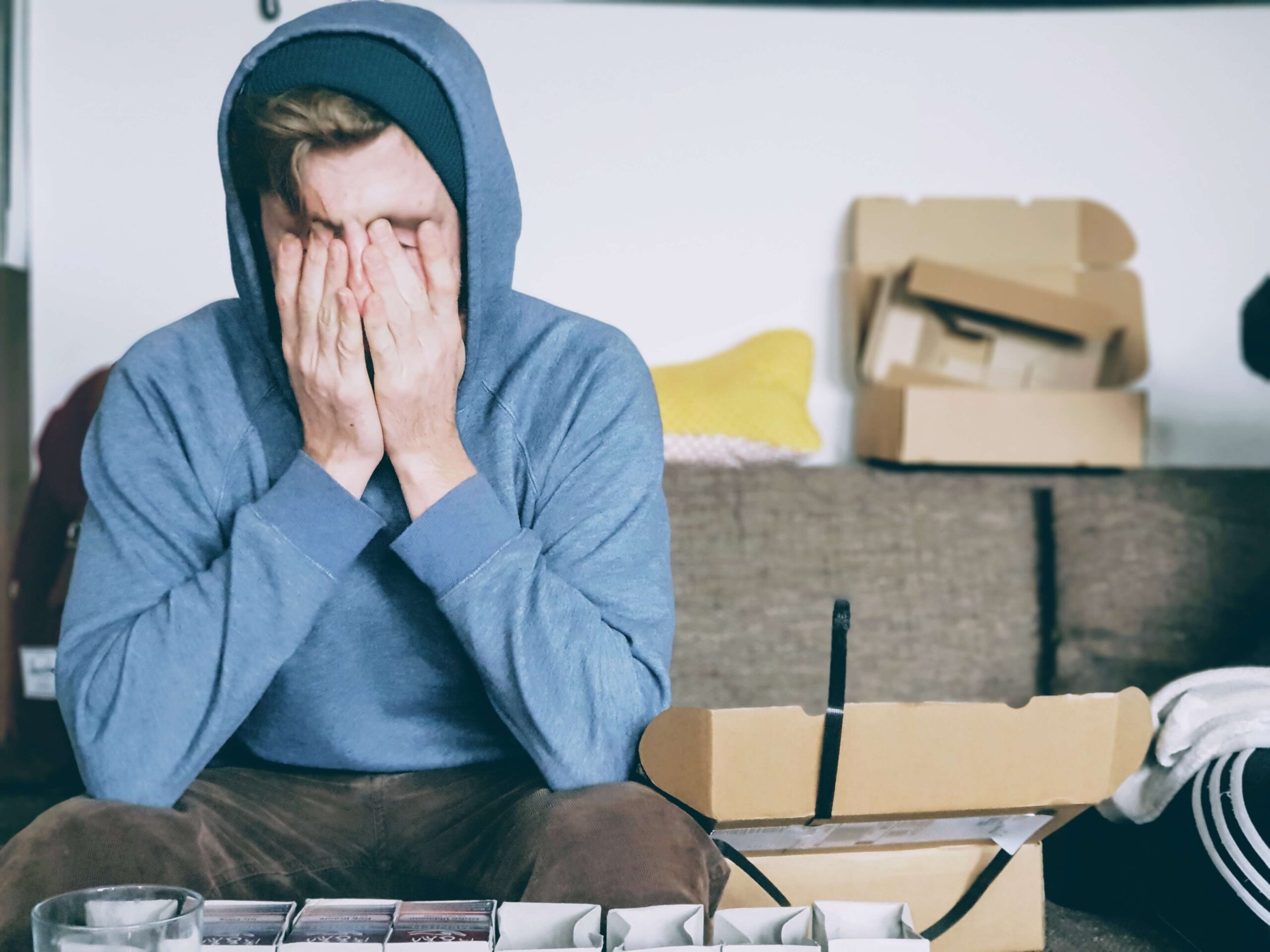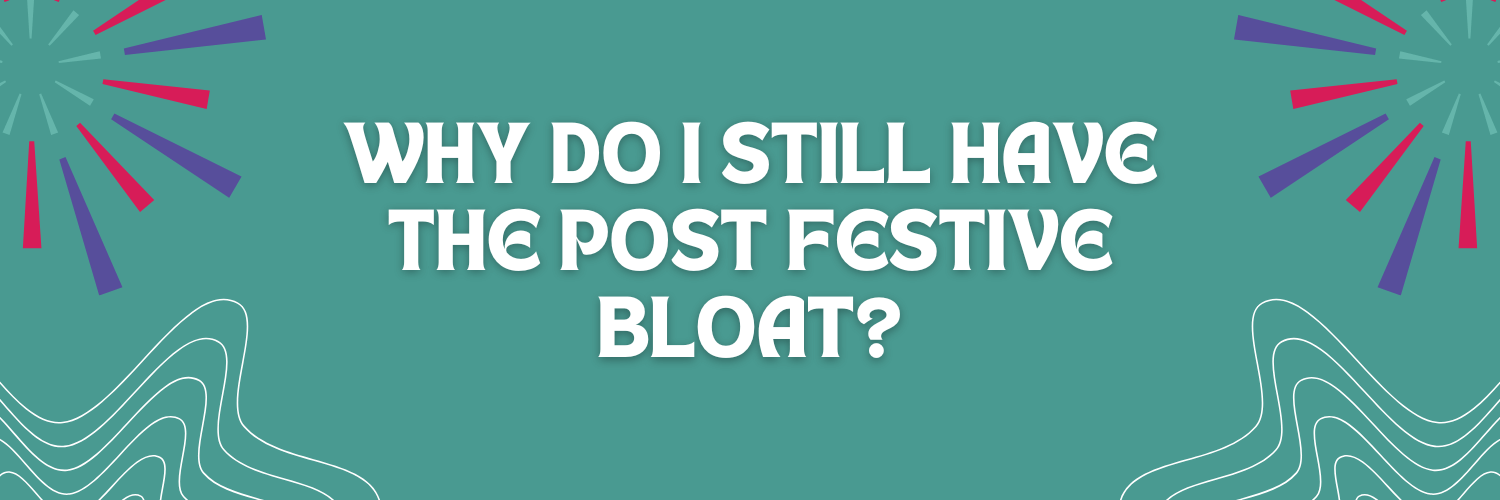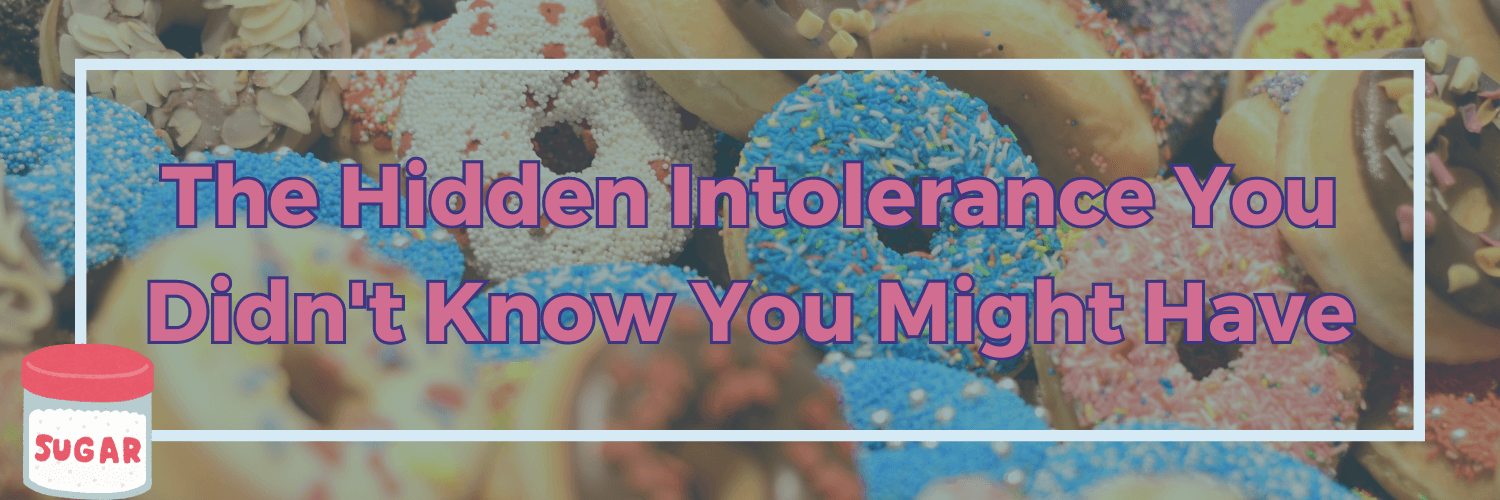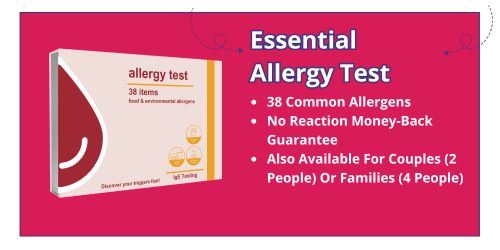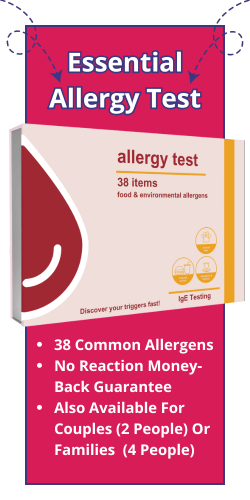Staring at a screen, but the words won’t go in? Zoned out for a whole chunk of the end of month meeting, and you’ve just realized they now want your input? You’re not alone in asking yourself, “Why am I always tired?”
Step away from the energy drink and take a look at five reasons your head is always on that metaphorical pillow.
1. Dehydration (or Overhydration)
Even mild dehydration has been shown to impact cognitive performance. Eight eight-ounce glasses a day? Traditionally this has been the recommendation to maintain the right level of hydration. However, one size does not fit all. “Well, I’ll guzzle and guzzle. That way, I can’t get dehydrated”. Maybe. But now you run the risk of lesser-known overhydration. Drinking too much water means more trips to the bathroom and, each time you go, you’re losing vital nutrients that help your body function, and this can lead to you always feeling tired as well as the dreaded brain fog.
2. Coeliac Disease or Gluten Allergy
Fatigue is a common side effect for those living with Coeliac Disease or a gluten allergy. While it’s not entirely clear why a gluten intolerance or Coeliac Disease can leave you asking “Why am I always tired?”, it is one of the symptoms most commonly reported and experienced. We wrote this article which can help you identify whether you may be living with these gluten issues.

3. Anxiety
Most, if not all, people experience anxiety sometimes. It’s normal. However, living in a constant state of stress can have a detrimental impact on your fatigue levels and leave you feeling as though you’re always tired, no matter how much sleep you may get. If you’re experiencing extreme anxiety, you should contact your GP.
4. Lack of exercise
This one seems counterintuitive, right? Lack of exercise can lead to deconditioning, which can make physical tasks more tiring and effort inducing. The body learns to adapt to stressors and, the more it experiences, the better it gets at handling them with less physical exertion required. Exercise also encourages the production of endorphins, which give you a natural boost.
5. Poor quality sleep
You got your eight hours, right? You shut your eyes at 11 pm and woke up at 7:20 am (after a few tactical alarm snoozes), but you’re still shattered and want to scream, “why am I always tired?”. Sleep quality is not just dependent on the amount you get; it also depends on your sleep hygiene. Are you scrolling your phone for an hour before turning out the light? Sleep with a night light? These all contribute to poor sleep hygiene. Many people claim to be able to drink coffee right before bed and then fall straight to sleep. This may be the case but, depending on your caffeine tolerance, it will still likely have a detrimental impact on your sleep. It’s probably the most obvious factor, but that’s for a reason. Practice good sleep hygiene, and you should see improvement.
If you’d like to give your body the fuel it needs to optimise your sleep, why not try one of our allergy tests

